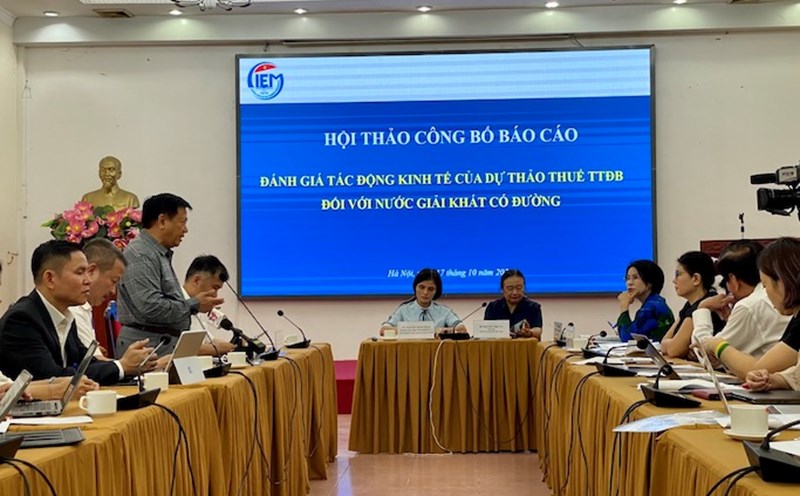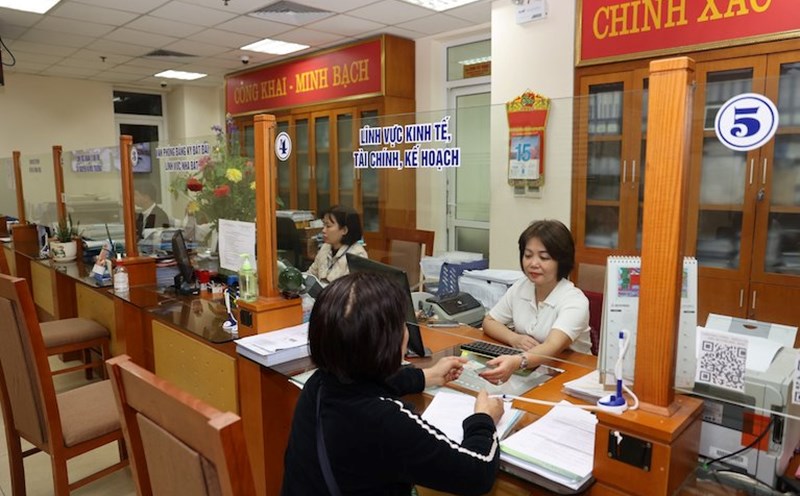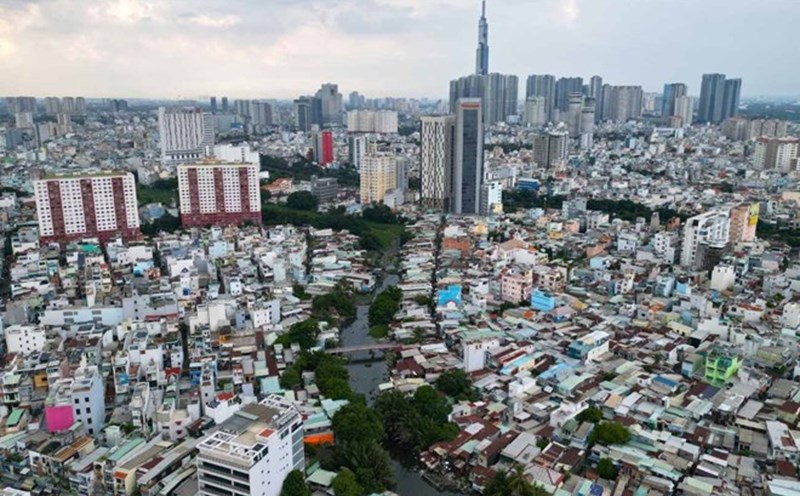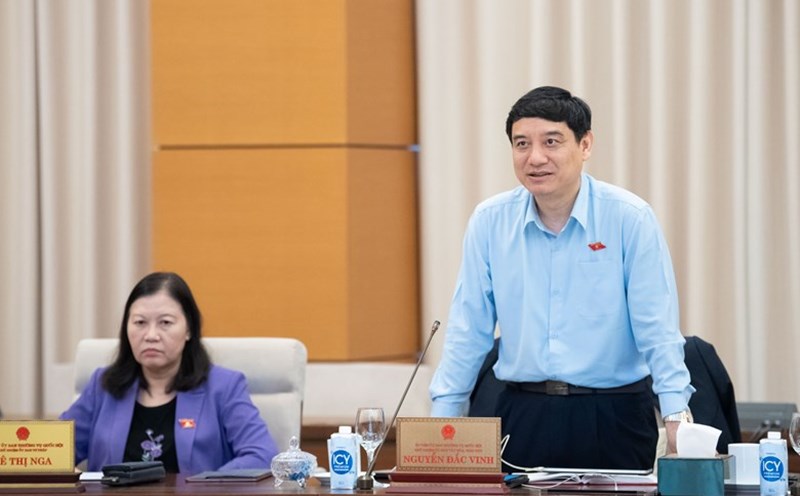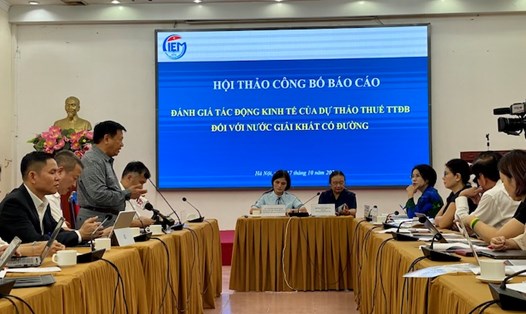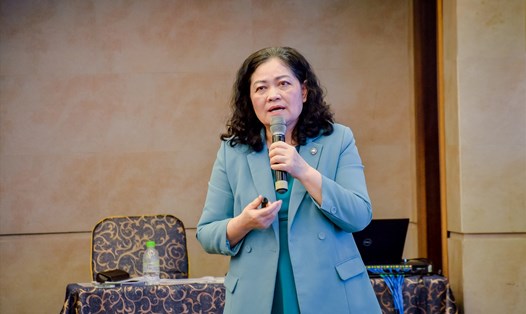Consequences of using sugary drinks
Associate Professor, Dr. Truong Tuyet Mai, Deputy Director of the National Institute of Nutrition, announced the above information at a seminar providing press information on the current situation of consumption, the harmful effects of sugary drinks on health and the role of Special Consumption Tax in controlling consumption organized by the Ministry of Health on November 15.
Ms. Mai added that valuable research results show that unreasonable use of sugary drinks is the cause of overweight and obesity. Increasing or decreasing consumption of free sugars (regardless of sugar content) is positively related to weight changes. Sugary drinks increase the brain's activation response to appetite signals, thereby stimulating eating.
Obesity has become a worldwide problem. The rate of overweight and obesity, especially in children, is increasing rapidly, with 1 in 5 children being overweight or obese.
In Vietnam, this situation is also increasing very rapidly in children, in big cities like Hanoi and Ho Chi Minh City, the rate of overweight and obesity in children can reach up to 40%. This figure in adults is 20%, in some localities it is up to nearly 30%.
Ms. Duong Huong Quynh - UNICEF nutrition officer said: A study on consumption habits and perceptions of the health impacts of sugary drinks among Vietnamese adolescents showed that 43% of adolescents drink sugary drinks more than twice a week; 13.5% drink almost every day; interviews with young people showed that more than 20% of young people drink 2 cans/bottles or more each time they drink sugary drinks. Reducing the consumption of sugary drinks has great potential to protect and improve the health of Vietnamese children and adolescents.
Policy to reduce sugary drinks
Ms. Dinh Thi Thu Thuy - Deputy Director of the Legal Department (Ministry of Health) said: The Ministry of Health has closely coordinated with the Ministry of Finance to provide information on the current status of use as well as the harmful effects of sugary drinks and the Ministry of Finance has included sugary drinks as a taxable item in the draft Law on Special Consumption Tax (amended).
"The tax on sugary drinks was first introduced in the draft law, so it is currently facing many opposing opinions," said Ms. Thu Thuy.
According to the draft Law on Special Consumption Tax (amended), expected to be discussed at the ongoing National Assembly session, for the first time soft drinks with sugar content over 5g/100ml will be subject to special consumption tax.
According to the Ministry of Finance, this is a new item proposed to be added to the taxable list, so the Ministry proposed a rate of 10% to encourage businesses to produce and import low-sugar products, raise awareness, and adjust consumer behavior.
MSc. Dr. Nguyen Tuan Lam - WHO representative in Vietnam said: special consumption tax is an effective measure to reduce the use of soft drinks and now is the right and necessary time to impose a tax on sugary drinks.
"Vietnam should consider applying a roadmap to increase annual taxes to 40% of the manufacturer's selling price (ie 20% of the retail price as recommended by WHO) for sugary drinks by 2030 to protect the health of future generations. At the same time, it should create a favorable environment to reduce the consumption of sugary drinks (front labeling, advertising ban...)", Dr. Lam proposed.

